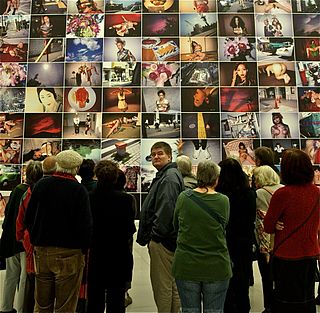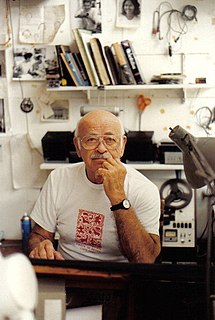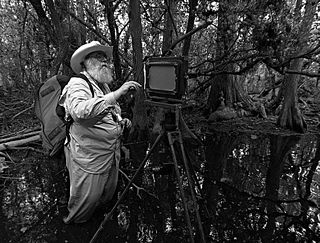A Quote by Martin Parr
In the '70s, in Britain, if you were going to do serious photography, you were obliged to work in black-and-white. Color was the palette of commercial photography and snapshot photography.
Related Quotes
I don't know that there were any rules for documentary photography. As a matter of fact, I don't think the term was even very precise. So as far as I'm concerned, the kind of photography I did in the FSA was the kind of photography I still do today, because it is based on passionate concern for the human condition. That is the basis of all the work that I do.
































